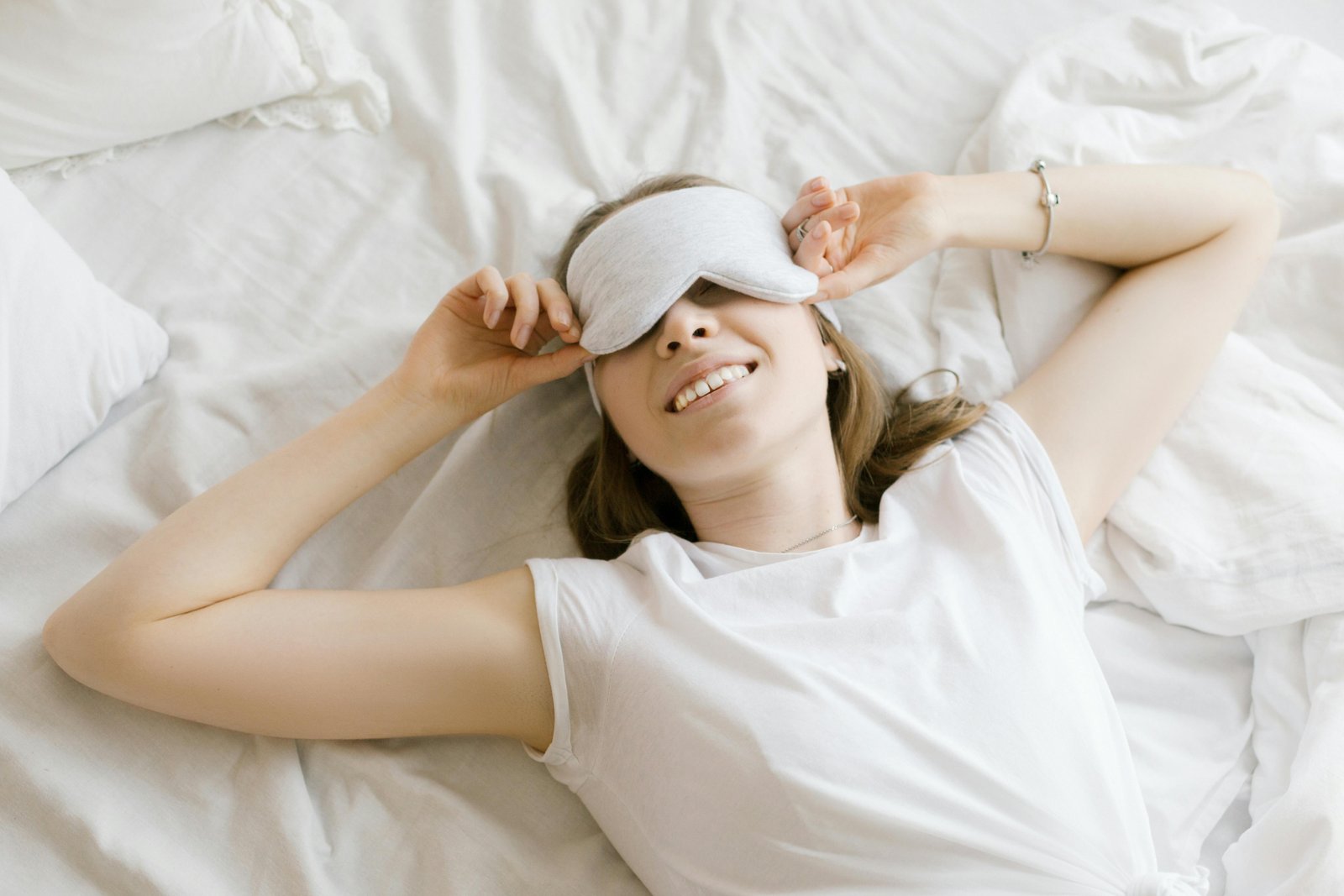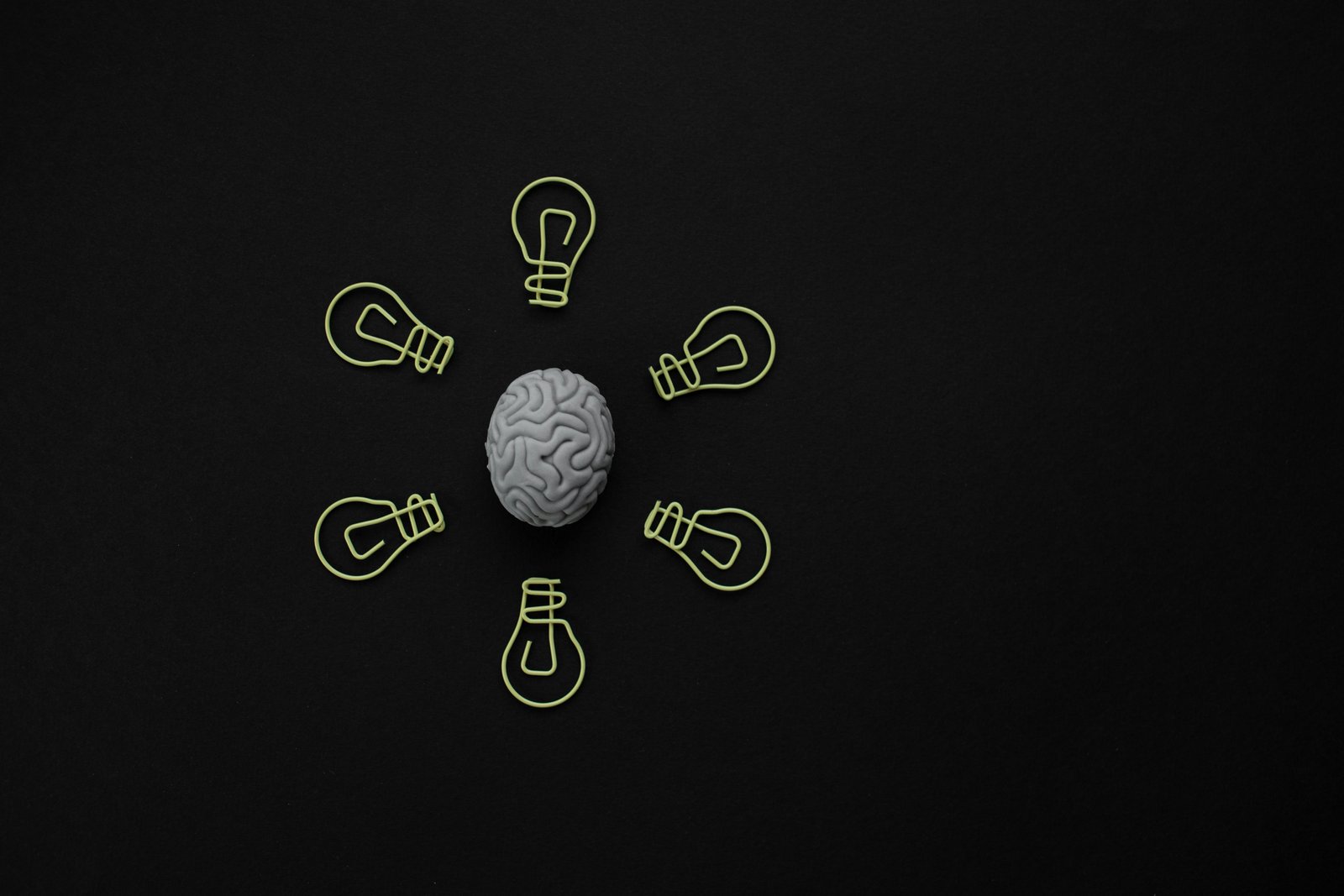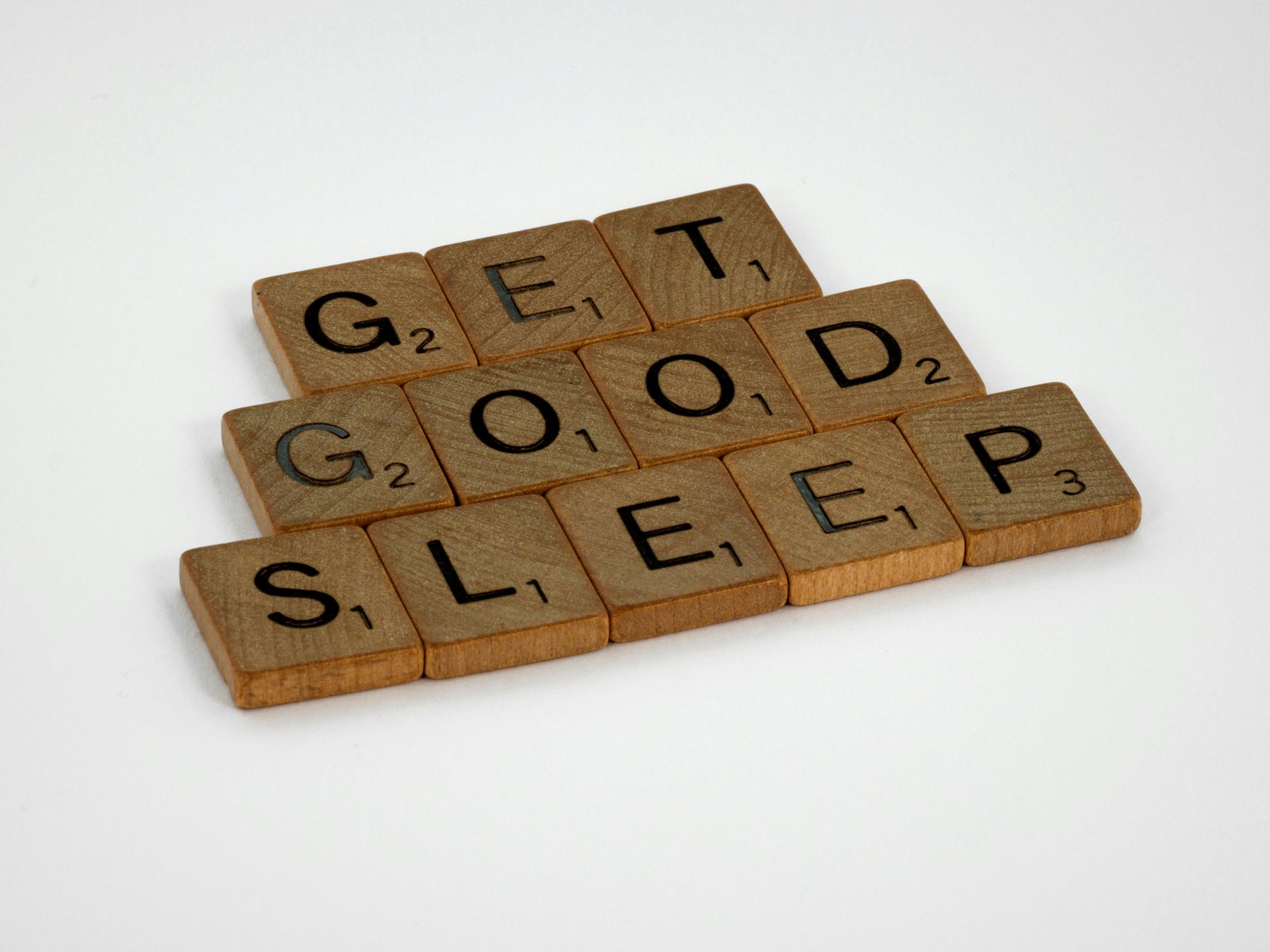50–80% of people who seek therapy for mental health issues report having chronic issues with sleep; that’s an alarming fact. Sleep is essential for emotional stability, cognitive function, and general mental health. If not the result leads to a vicious cycle in which insufficient sleep exacerbates mental health issues, and its declining state impairs sleep. The secret to improving both lies in understanding the interdepending relationship between sleep and mental health.
Understanding that sleep and mental health are interrelated and interdependent, is profound and multifaceted.
Significant Awareness: Mental wellness and sleep are complementary to each other, and yet many of us are unaware of the impact of sleep on mental wellness. Here we explore the connection between emotional well-being and sleep quality.
How the former helps manage mental health issues like anxiety, depression, & cognitive impairments
Practical Strategies: At the end of this piece, you will have in-depth knowledge to take responsibility for your emotional & mental health through conscious lifestyle choices, stress management, and cultivating healthy sleep habits. Here we provide practical strategies for enhancing mental well-being and sleep hygiene.
Encouraging Early Intervention: You can identify early warning signals in yourself or others by highlighting the symptoms of poor sleep and mental health difficulties.
Supporting Holistic Health: It highlights the idea of holistic health, preferably showing the interconnection of mental and physical health. Thus, readers are encouraged to adopt a more balanced approach to self-care because getting enough sleep is vital for maintaining good health.
Here we thoroughly examine the relationship between sleep and mood which reveals how mental health influences sleep and sleep influences mental health. Sleep's indispensable function in emotional, cognitive, and psychological well-being will be the first to be discussed. It then proceeds to debate the way mental health disorders such as anxiety, depression, and PTSD, disturb sleep patterns, and in turn, how poor sleep can worsen these conditions. Learning about the biological mechanisms that relate sleep and mental health with evidence-based strategies to improve both will also be discussed here. Through that understanding, readers will be able to see how to improve their quality

The Importance of Sleep for Mental Health
We have mentioned how important sleep is for emotional health and vice-versa but let’s talk about sleep first.
What is sleep?
Good-quality sleep involves the right amount of rest necessary for physical and mental restoration; and may vary from person to person. It includes a consistent sleep schedule, healthy sleeping habits, going through various stages of sleep (REM and non-REM), and waking up feeling refreshed and well-rested. Sleep quality and mental health are prominently interrelated and serve the following functions:
Control of Emotions: Having good emotional and physical health depends on sleep duration. A healthy sleep schedule helps regulate emotional health, enhances memory and concentration, and even moods. Sleep is important for mental strength, reasoning, and thinking well because emotions are processed by the brain, memories are consolidated, and toxins are wiped off or recalled. Similarly, inadequate or poor sleep affects mood, increases irritability, and risk factor for mental illness such as melancholy and anxiety.
Chronic sleep deprivation affects brain functioning and prevents individuals from handling usual life challenges. Also, sleep quality has a direct impact on neurotransmitters, and stress hormones like cortisol and serotonin; they influence mood and emotional response which are primarily controlled by sleep.
Consolidation of Memory: For consolidation of memory sleep is very important. The brain gathers an enormous amount of information during the day, but it is during sleep—particularly deep sleep, that information is divided into categories, arranged, and stored for later memory. Research indicates that getting a full night's sleep is beneficial for learning, memory consolidation, and knowledge recall. New knowledge and experiences are less likely to be properly digested and stored in case of improper sleep. This is called muscle memory too. Not only the brain but other body muscles also store memory. All these stimulants get stored in our muscles during deep sleep. They come in handy in our future life situations.
Mental and Physical Rejuvenation: When we sleep our body and mind heal and regenerate. The body repairs muscle strengthens the immune system, and maintains energy balance; on the other hand, the brain eliminates toxins, including proteins connected to neurological diseases like Alzheimer's disease. In addition to preserving mental and emotional health, its restorative function enhances overall brain health. Our physiology needs to recuperate and restore the trials of our everyday stressful lives. Just as we must be aware of our food, we must also be aware of our rest; cognitive function and sleep are so much related. Slowing down detoxifies our internal organs which results in a healthy and happy body. This in turn helps in developing stable mental health.
Connection to Mental Health
Besides eating well-balanced meals and exercising you must also get an adequate amount of sleep for better mental and emotional health. It improves memory and gives you control over your moods. Adequate rest is crucial for building up the psychological armor and having a clear understanding because it is at night when the brain sorts out feelings, forms memories, and eradicates toxins. On the other hand, if the quality of sleep that a person gets is low or poor then it can increase mood swings, increase irritability, and even make one more prone to mental illness such as melancholy or anxiety.
Chronic sleep deprivation thus makes it difficult for people to deal with normal life hurdles more so because the brain can hardly manage stress. Also, mood and other emotional reactions are controlled by neurotransmitters and stress hormones such as cortisol and serotonin, which are governed by sleep. These chemicals may behave irregularly when the body doesn’t get enough rest and sleep affecting mental health, intellect, and others because cognitive function and sleep are interrelated.

How Sleep Quality Directly Impacts Mental Health
Our mental health is directly correlated with the quality of sleep we receive or don’t receive each night. Several studies have repeatedly demonstrated that getting too little sleep or not having proper sleep timings, increases the likelihood of getting mental health issues. Mood swings, emotional stability, and cognitive performance are all affected by sleep abnormalities. These can be accelerated by degenerative diseases like insomnia, sleep apnea, and other such diseases.
Emotional and stress response regulation is heavily reliant on sleep. Our ability to handle stress and process emotions in the brain is compromised when we don't receive enough restorative sleep.
Mood Regulation
Lack of sleep causes mood fluctuations, irritability, emotional instability, and an elevated stress reaction. People who have been affected by any of them have issues with their prefrontal cortex and amygdala. It makes them prone to anger. Less sleep is linked to feelings of sadness, anxiety, and rage, which can negatively impact relationships, reduce productivity, and diminish overall quality of life, according to research.
Cognitive function
All the crucial cognitive functions are affected by sleep deprivation, including decision-making, problem-solving, and detail-oriented thinking. This is because cognitive function and sleep are strongly interconnected. It lengthens reaction time and slows thinking. Irregular decisions, poor memory function, and difficulty concentrating can result from sleep deprivation. It prevents the brain from processing and making adequate sense of complicated situations and thus affects long-term decision-making. So, you must make it a point to get enough sleep if you want to be active all day.
Emotional Resilience
In order to handle stress and overcome obstacles, emotional resilience is essential. Sleep deprivation, especially REM sleep, might impair stress reduction, optimistic thinking, and the ability to bounce back after losses. Regular good sleep can help people become emotionally resilient and tackle adversity like a pro, with a more composed and logical mindset.
Mental Health Disorders
Sleep disorders or sleep deprivation for a prolonged time can result in mental health. Insomnia – an acute sleep disorder, anxiety and depression of varying degrees, and bipolar affective disorder can be seen in the people who have been affected by it.
Anxiety: Stress can worsen sleep disorders and lead to a continuous loop that is hard to interrupt. Individuals who have insomnia tend to experience more anxiety attacks because sleep deprivation enhances worry and hyperarousal.
Depression: In this case, it is evident that depression has several antecedents, the most significant of which is poor sleep quality. Studies have also shown that the probability of depression is twice as high in those with chronic insomnia. In other words, many patients with depression experience insomnia or hypersomnia causing fatigue, hopelessness, and depression. These further lead to clinical conditions which then must be treated medically.
Bipolar disorder: It is especially common for bipolar disorder patients to present abnormalities in their sleep-wake cycle; those in the manic or depressive phase are known to have insomnia or hypersomnia before a manic or depressive episode. Due to this, sleep patterns need to be controlled because irregular sleep can cause mood fluctuations that occur in bipolar disorder.

Symptoms of Sleep Disorders and Mental Health Problems
Often it is difficult to identify sleep disorders; certain discomforts are assumed to be merely due to lack of sleep. However, the problem runs deeper and that may lead to mental health issues.
Figuring out the Symptoms
For early intervention and effective management of health issues, it is essential to identify poor sleep quality and its effects. The following typical indicators point to possible problems with sleep and mental health:
1. Difficulty falling or staying asleep: If you are continuously trying hard to fall asleep or waking up frequently at night then know you are facing a sleeping disorder.
2. Excessive Daytime Sleepiness: If you are sleepy throughout the day then it could be more than tiredness. You might be facing a sleeping disorder and hence must go for an apnoea check-up.
3. Mood Swings and Irritability: These include an increased level of temper, mood swings, and emotional instability; you already know how lack of proper sleep can precipitate or exacerbate all the above conditions.
4. Concentration and Memory Problems: The effects of sleep deprivation include the inability to concentrate, memory loss as well as loss of cognitive abilities among others.
5. Increased Anxiety or Depression: Approximately, one out of every three adults suffer from chronic insomnia; such states might make anxiety or depression worse and thus form a cycle.
6. Physical Symptoms: That is why headaches, gastrointestinal disturbances, or chronic pain can be associated with sleep disorders and stress.

Impact on Day-to-Day Living
Insufficient sleep can jeopardize your discipline and the usual flow of regular life; the disruption is real and very harmful.
Work: Reduced efficiency in work, errors while working, and difficulty in completing work on time are all signs of reduced mental abilities and increased sleep during the day.
Relationships: Lack of sleep makes people moody and irritated and therefore have a negative behavioral change toward friends, family, and even co-workers. A person who gets exhausted frequently and can be frequently annoyed with others may quarrel with their close ones, or may avoid going out to any social gathering.
Overall Life Quality: Lack of sufficient sleep for some time has a negative impact on the overall health and overall quality of living by hampering enjoyment of activities and hobbies as well as the ability to maintain a healthy lifestyle.
Tips for Increasing Sleep to Promote Mental Wellness
If you have slipped into sleeplessness, you can come out of it too. Try these:
Healthy Sleep Practices
A regular sleep-wake cycle means a regular sleep schedule; try to keep it the same even on weekends. That will give you a smooth continuity between weekdays and the weekend. One has to follow a routine that includes retiring to bed at 10:00 PM and waking up at 6:00 AM.
Lifestyle Modifications
Cut Back on Coffee Intake: Check and ensure you are not taking caffeine-containing drinks after your lunch and in the evening. Caffeine won’t let you sleep and interferes with the sleep quality.
Move Up Your Exercise: Exercise regularly to regulate and improve your sleep patterns; Especially, engaging in exercises that promote better sleep quality like yoga, swimming, and walking.
Handling Stress
For managing stress, you can try deep breathing exercises, gradual muscular relaxation, and meditation; these are some of the most effective mindfulness and relaxation strategies for minimizing stress.
Create a Relaxing Sleep Environment
If the noise in your head is difficult to shut then you can deliberately create a sleep-inducing environment. Maintain a low temperature, keep the room dark, and ensure the bed is comfortable with a soothing mattress and a nice pair of pillows.

Look for Expert Assistance
Sleeping is a basic activity; often people try to avoid issues with sleeping and hesitate to talk about it. Considering the crucial importance of sleep, you must take it even more seriously and seek professional help and improve sleep quality and mental health.
Experts in Sleep
There are dedicated professionals designated as doctors or experts who diagnose and manage sleep disorders like disturbed circadian rhythm, insomnia, sleep apnea, and restless leg syndrome. Polysomnography is one of the many processes for diagnosing sleep disorders and developing appropriate interventions for its treatment.
Mental Health Counselors
Therapists and counselors use CBT to tackle ethical or psychological causes of sleep menace. It helps them to understand how anxiety, depression, or stress disrupt sleep and thus arrive at the most effective treatments.
Psychologists
In more serious cases the psychiatrist may prescribe mood-altering medications for treating mental disorders. They also advise on having sleep-altering medications for the treatment of insomnia.
Available Treatments
Coping with Mental Health and Sleep Disorders: The most effective treatments are those that are combined with the treatment of sleep disorders. Many cases of sleep disorders can be addressed with CBT-I and mental health disorders for which a patient may be suffering such as depression or anxiety can also be attended to through psychotherapy or counseling. As for the particular needs of a patient, it is also possible to recommend those medications, which are used in the treatment of mental illnesses and sleep disturbances.
Changes in Behaviour and Lifestyle: As you change your lifestyle, inculcate healthier habits, that bring your body in harmony with your mind. It helps you calm down and slip into sleep enhancing your sleep quality and general wellbeing. Stress management techniques such as mindfulness or relaxation practices, proper nutrition, and physical activity, are a few key activities that improve mental health and sleep.
Collaborative Care: Patients’ treatment is holistic thanks to incorporating various professionals who give coordinated care inclusive of primary care doctors, mental health counselors, and sleep physicians. It is possible to get better results from such a partnership because treatment programs can particularly address sleep problems and other mental health problems.
The Relationship between Mental Health and Quality of Sleep
We have elaboratively studied the interdependency of sleep and mental health, where one influences the other. While depression and other psychological disorders interfere with the sleep-wake cycle, the quality of sleep also has a profound impact on one’s psychological well-being. To suggest effective therapies for health and well-being you must have a thorough understanding of this relationship.
Stress and Anxiety
Times of high stress is one of the significant precipitating factors for sleep disturbances. From excessive stress, the body releases cortisol – the stress hormone, which works to make the brain active if there is danger. Abnormal cortisol levels can lead to reduced activity of the sleep-regulating processes and also cause sleeplessness or disruptive sleep during the night.
Depressive disorder may also be compounded by other subsyndromal sleep disorders such as insomnia or hypersomnia which are common in depressed patients. Chronic sleep disorders may worsen the condition, further affect sleep quality, and cause fatigue, lack of energy, and low motivation.
Depression and Sleep Disturbances
Depression tends to affect sleep either as insomnia or hypersomnia and the resultant condition hampers the recovery from depression. Patients diagnosed with depression may have insomnia, delayed sleep, or may get very tired at night and sleep so much so as to avoid feeling hopeless.
Chronic sleep disturbances can lead to fatigue, low energies, and diminished motives which further cause depression that in turn worsen the sleep disturbances.
Addressing both Issues
Quality of sleep and mental health are interrelated and interdependent. This is why to address issues of sleeping disorder and mental well-being, you need to intervene with holistic solutions. Holistic intervention guarantees that no aspect of human life is ignored by offering complete, lasting change in every aspect of needs.
As we reach this part, by now you must have a fair idea about the close interdependence between mental health and sleep. Unhappiness and anxiety are most likely to develop during periods of depression. You may also experience mood swings and impaired cognitive function due to lack of sleep. The other way, mental health issues can affect sleep hence resulting in a cycle whereby one condition exacerbates the other. You also need to understand the signs of poor sleep and mental health to resolve the issues and take better control of the situation. Since these two issues are interrelated and interdependent you must address sleep and mental health issues simultaneously. The treatment usually involves the administration of cognitive behavioral therapy, changes in lifestyle, and sometimes drugs.
Final Thoughts
For the well-being of a person’s emotions, mind, and body and to maintain good sleep hygiene you must prioritize sleep and proper stress management. That's essential for better mental health and also overall quality of life.


